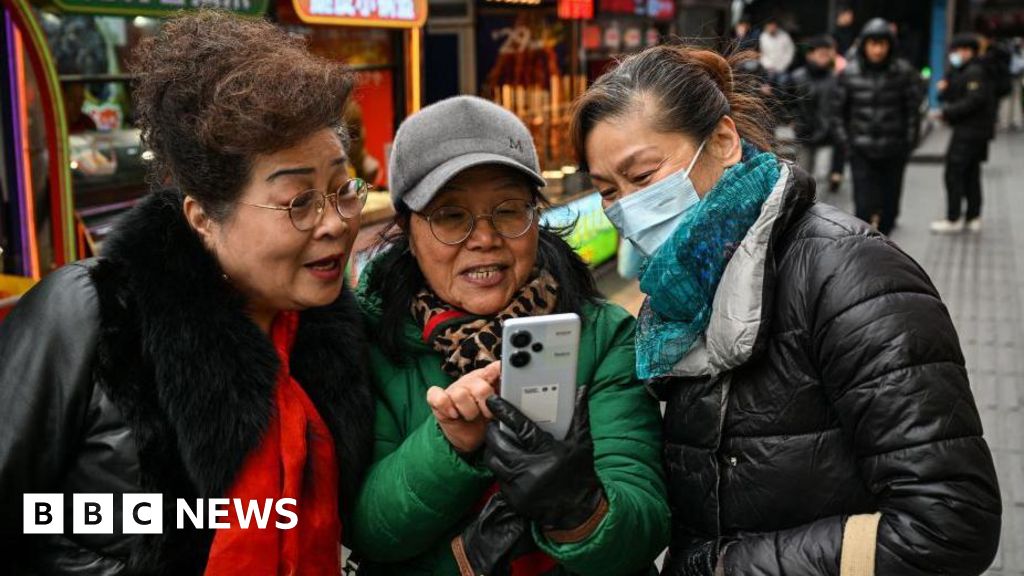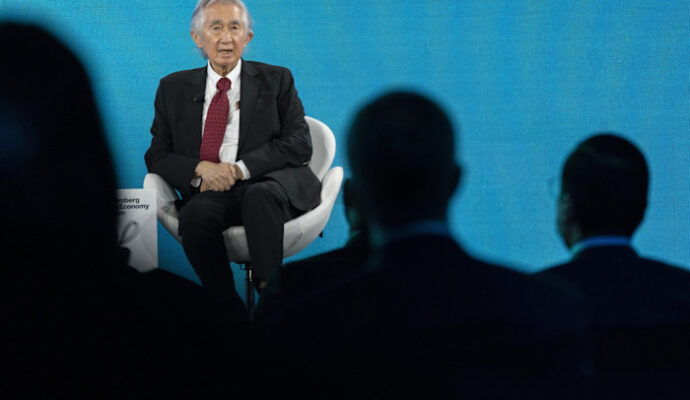
It’s known to be China’s biggest online shopping event – taking place on 11 November each year.
But this year, Single’s Day sales have already begun in mid-October, as part of efforts by Chinese retailers to boost spending in a sluggish market.
China has been plagued with issues like growing youth unemployment , a prolonged property crisis, steep government debt and an ongoing trade war with the US – all of which is making the country’s consumers cut back on spending.
The Chinese government has been spending billions – through family subsidies, more wages and discounts for consumer goods in a bid to counter this, but retail sales growth is still failing to meet expectations.
Originally created by Alibaba as a Chinese shopping festival, Singles’ Day is akin to Amazon’s Prime Day or Black Friday promotions elsewhere in the world.
A major revenue driver in the final quarter of the year, the event is marked with deep discounts online and in stores, with most retailers in the country competing for sales.
Over the years, the sales window has evolved from a single day to one of the year’s biggest shopping events, often ushered in with extravagant opening events featuring popstars like Jessie J.
But this year, retailers launched their sales campaigns in October, coinciding with the end of China’s Golden Week holiday.
Platforms like Taobao, JD.com and Douyin are actively promoting “11.11” sales, with banners on their apps showing discounts and vouchers.
Alibaba, which runs e-commerce platforms Taobao, Tmall and AliExpress, said in its newshub that it is kicking off this years “11.11 Global Shopping Festival” on 15 October.
The firm is also tapping artificial intelligence in its search and recommendation tools to make it easier for shoppers to navigate its sprawling sites and suggest relevant products.
Chinese consumers have adopted more cautious spending habits since the Covid-19 pandemic – a trend that has continued as the country continues to battle deflation.
The spending crunch has hit high-end retailers especially hard. Fashion brands like Louis Vuitton and Burberry reported a drop in sales in recent months in China, which accounts for around a third of global luxury sales.
However, investors seem optimistic about a rebound in China’s market, as shares of luxury brands like LVMH and Moncler rose this week, lifted by signs of improved demand in the region.


